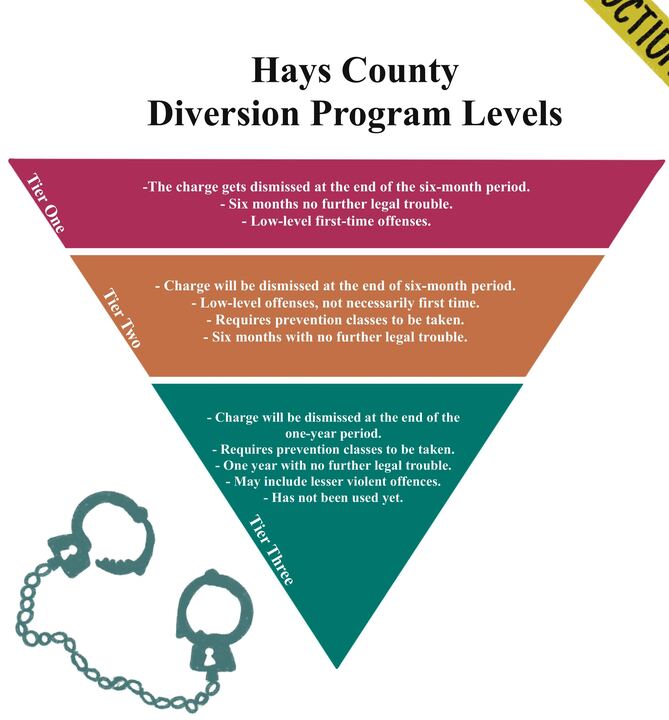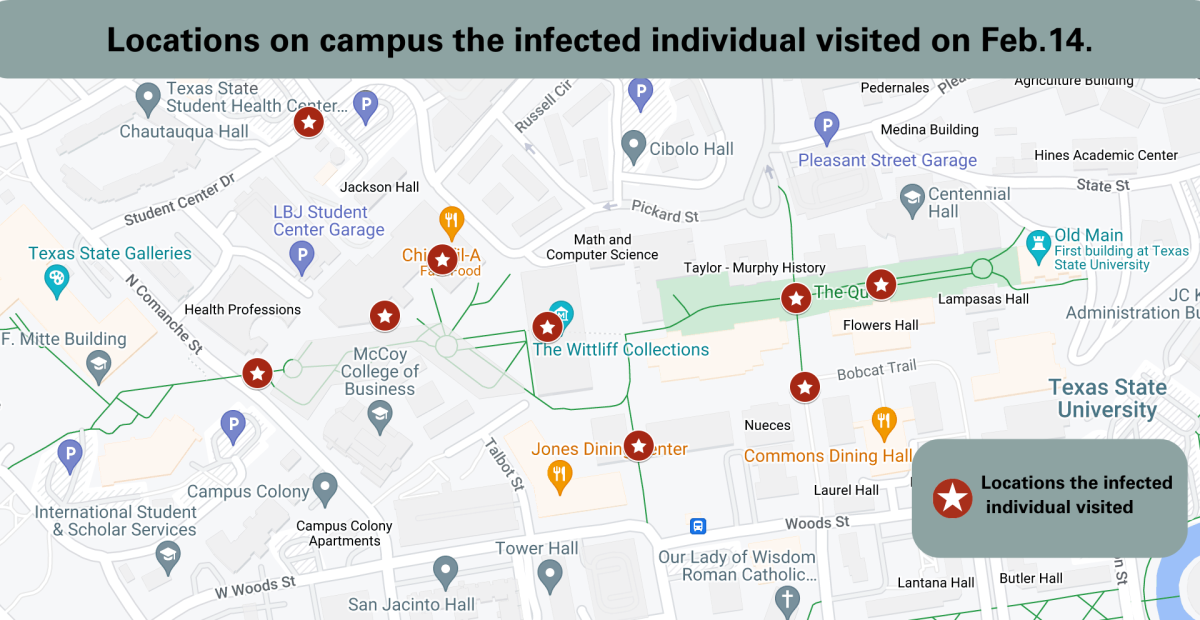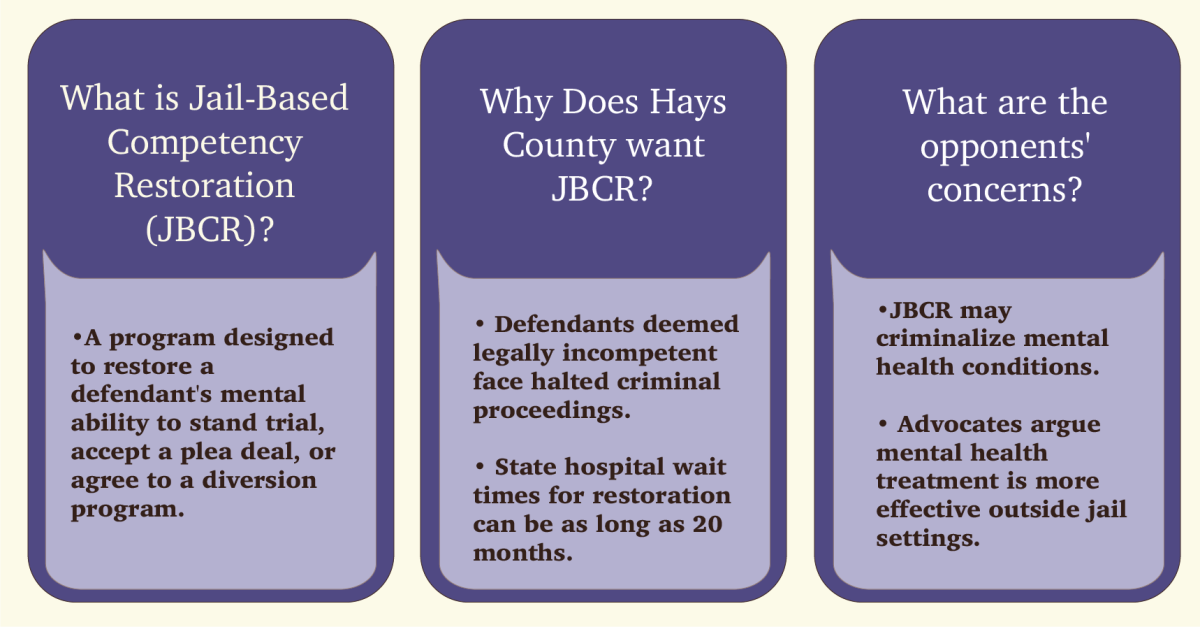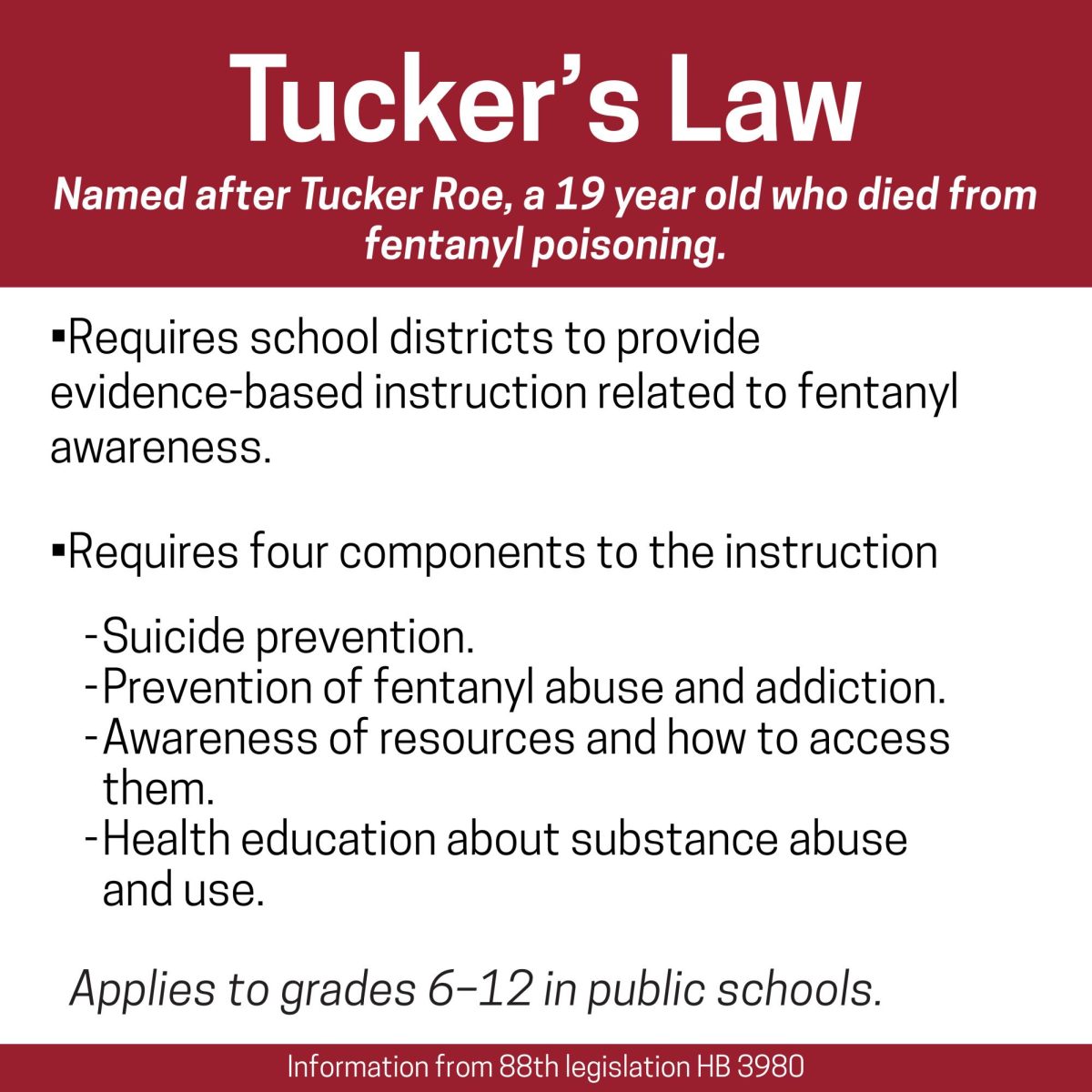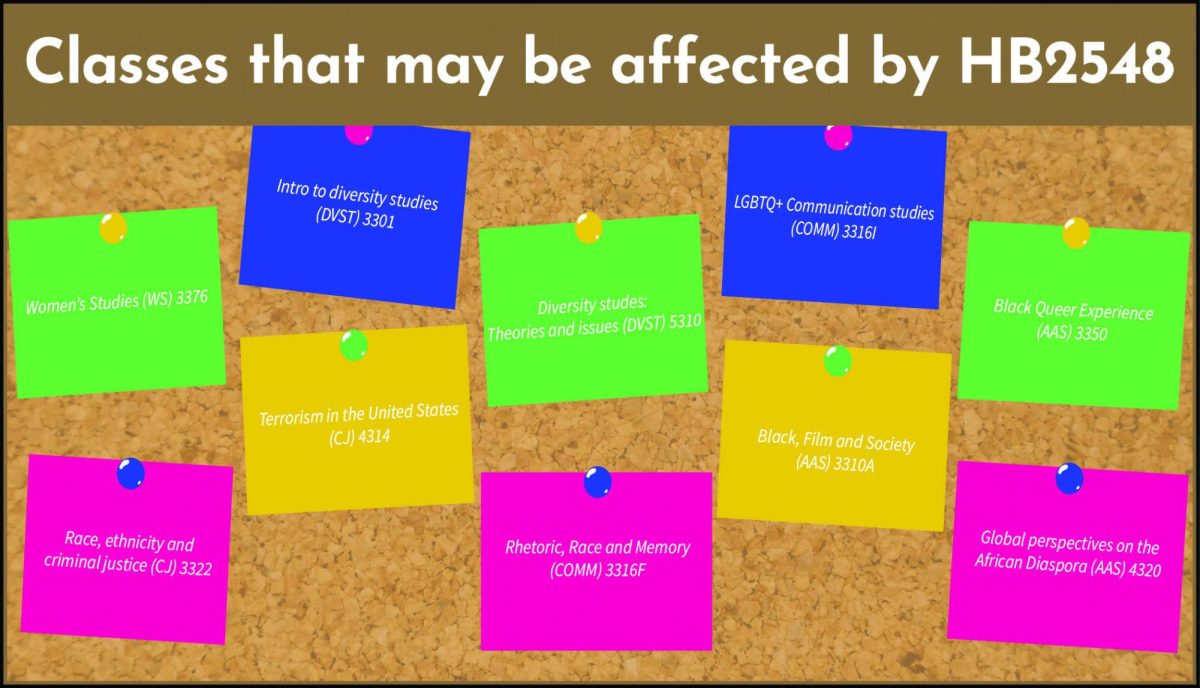The Hays County Criminal District Attorney’s (DA) Office has announced the first batch of participants have completed the pre-trial diversion program.
Pre-trial diversion is a program in which low-level, often first-time offenders, can avoid a criminal trial and criminal record by fulfilling certain requirements. These requirements can include not facing any other legal trouble, completion of prevention classes related to their offense or community service.
“This program was launched in January 2024 and is designed to allow certain offenders to avoid the stigma and burden of a criminal record for low-level, non-violent offenses. Seven people have just ‘graduated’ from the program, and another 70 are currently working their way through the program,” a release from the DA’s office said.
According to Hays County Criminal District Attorney (DA) Kelly Higgins, the program is a voluntary contract between someone accused of a crime and the DA’s office. If the terms of the contract are not fulfilled, the accused will face criminal prosecution.
“If somebody were to get in the program and make an agreement and then go out and get a DWI while the time is still pending we would just charge them with the initial crime and the DWI,” Higgins said.
According to Higgins, the DA’s office has a panel consisting of himself and five or six staff attorneys who review cases fit for the program. His office may also recommend cases to the program and review requests for admissions to the program from defense attorneys. Higgins said the DA’s office requires anyone joining the program to have legal counsel.
“We really do want people to have a lawyer for this. When [someone] signs a contract with an agreement with us, they’re giving up some rights,” Higgins said.
When someone signs a contract, which can either be for a six-month or year-long term, they allow the statute of limitations on their charge to be paused. This means that if the statute of limitations expires while someone is under contract, they can still be prosecuted if they do not successfully complete the terms of the contract.
According to Higgins, his office is primarily looking for people with little to no previous criminal history for admission to the program. Higgins also said his staff may be more inclined to accept younger people into the program but will accept a person of any age if they believe they fit the criteria.
“We’ve got a lot of kids that move to this town for four years. If some kid has party drugs in his pocket on a Friday night… is that the sort of thing you need a criminal record for? That’s going to prevent you from getting [a house] and may get you kicked out of school,” Higgins said.
The program is currently only accepting nonviolent offenses. If an offense involves a victim then the DA’s offense seeks the victim’s approval for the offender’s admission to the program.
The pre-trial diversion program is a three-tiered program. Each tier has different requirements from completion.
For the first tier, which all seven graduates were in, people in the program can continue their lives as normal if they can meet the requirement of six months with no further legal trouble.
For the second tier, which is also six months, individuals must avoid legal trouble and complete classes. This tier may also require completion of community service, but so far no one has been required to.
Higgins said there is a hypothetical third tier, which would last one year and have tougher requirements than the previous two tiers. This tier may eventually include fewer violent offenses.
“We haven’t found a case that we think fits [the third tier], but when we do, we’ll do it. If it does work we’ll learn a lesson, if it doesn’t we’ll learn a different lesson,” Higgins said.
Higgins said one benefit of pre-trial diversion is it can save money for both the county and defendants by avoiding costly legal fees, courtroom time and other related costs such as pre-trial detention costs.
Currently, Hays County is having to outsource inmates to other correctional facilities. Hays County Judge Ruben Becerra hopes that pre-trial programs can put an end to that practice.
“My hope is that these dollars that we’re saving can help me end that ridiculous contract, and allow people to move around in the community — go to work, go to school, raise their families and support our community as taxpayers. Very often they could be found innocent, and we’ve wasted taxpayer dollars and days of someone’s life they will never get back,” Becerra said at the February 27 commissioners court meeting.
Higgins said his office will continue to grow the diversion program to be as large as his office can “realistically handle.”



